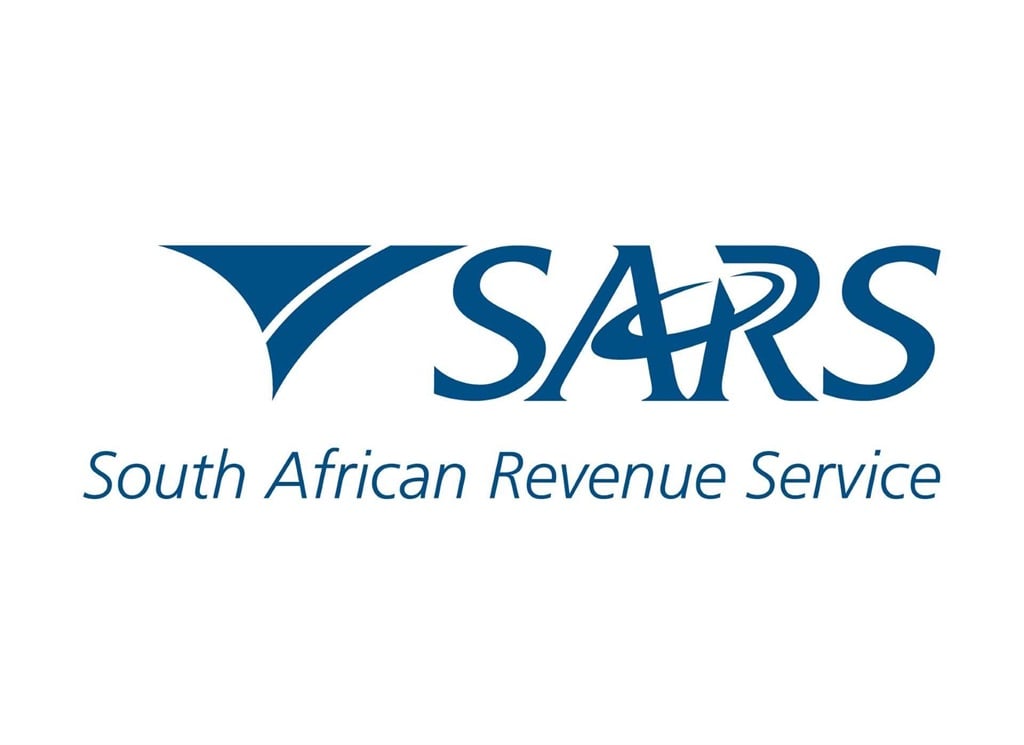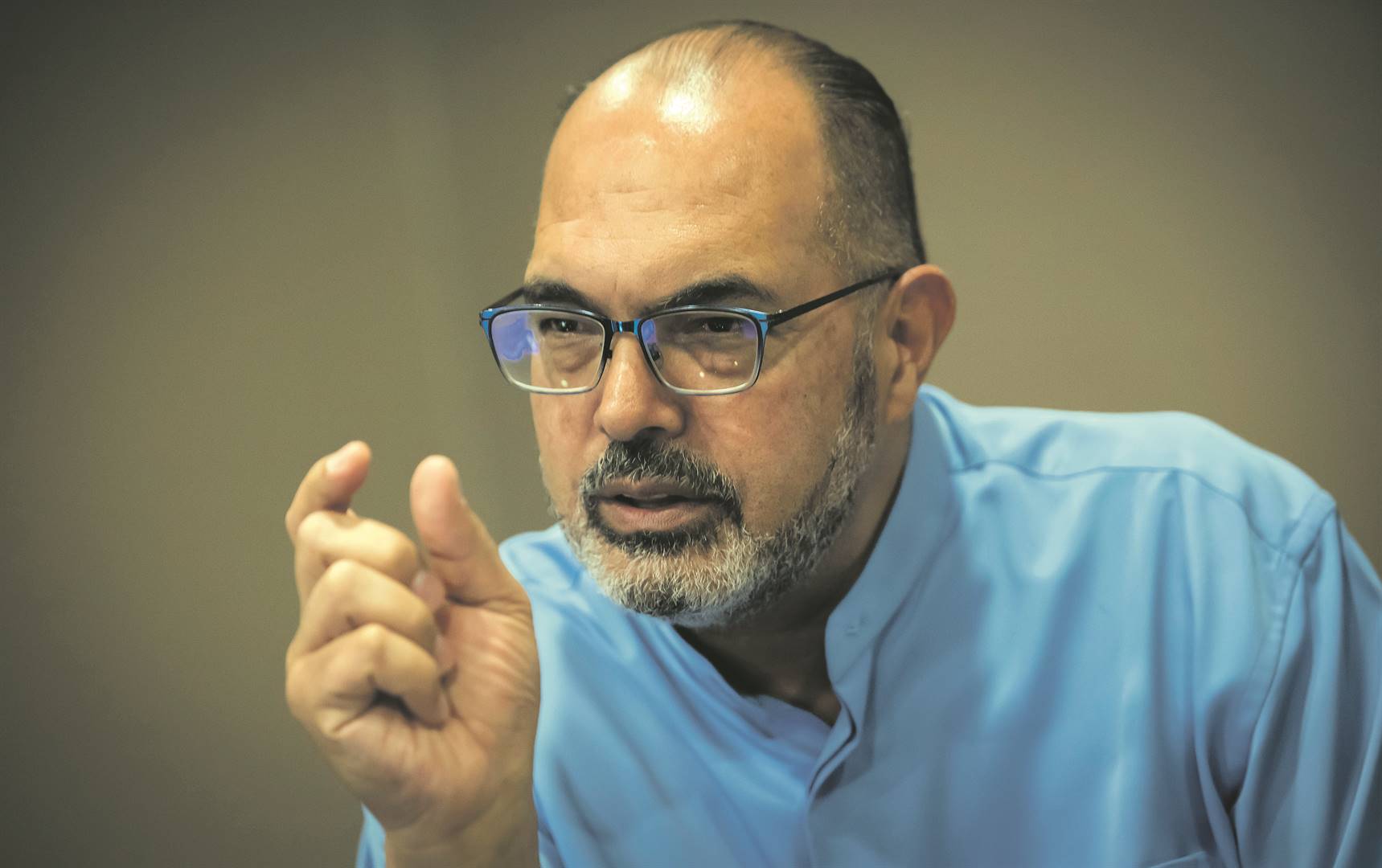
While listening to a panel discussion at the launch of the 2018/19 Tax Ombud annual report, a colleague leaned over to me and asked: “Why is there such a culture of fear when it comes to Sars [the SA Revenue Service]?”
It is not so much that Sars intentionally creates a culture of fear, but rather the reality that any small error or dispute in tax return creates an administrative nightmare that takes forever to resolve.
The consequences of those errors can be significant for the taxpayer.
My colleague went on to describe the impact that inefficient Sars administration had had on her small business.
Upon applying for a tax clearance certificate she was informed that she owed R40 on a tax return from several years ago.
She has tried numerous times to pay the amount, but Sars has been unable to provide a reference number.
As a result she cannot obtain the necessary clearance.
Sit around any dinner table and mention the word Sars and it won’t take long for someone to share some saga.
This is in part why the Office of the Tax Ombud is necessary. Taxpayers need an impartial and fair system through which to raise their grievances.
In his opening address, Tax Ombud Judge Bernard Ngoepe acknowledged that the tax collector must have “drastic powers to combat sophisticated tax avoidance schemes”, but that an ombud must be there to counterbalance those powers to make sure they are not abused.
In the six years since its inception the office has brought resolution to several taxpayers, including a taxpayer who was a victim of ID theft and had their salary garnished by Sars.
It also identified the systemic problem of late refund payments and was responsible for R35 million worth of refunds paid to taxpayers in the past year.
Sars has implemented 99.27% of the recommendations sent to it by the office.
However, Anne Bennett, head at international tax at Webber Wentzel, highlighted in the panel discussion that the process to access the ombud was still onerous.
“One can only approach the office of the ombud once one has exhausted all remedies available through Sars,” she said.
Bennett pointed out that this takes time and money, and is therefore available to only a few.
Without a full understanding of the Sars processes and time frames, an ordinary taxpayer may never reach the point of using all the remedies available through Sars and therefore be unable to use the ombud.
She did, however, comment that the power of the ombud is being felt at Sars and often just the mention of the ombud is enough to resolve an issue.
Sars commissioner Edward Kieswetter acknowledged that challenges remain in Sars, especially around dispute resolution.
“I could depress you about how badly Sars has been affected by the past five years, but it is a reality and we have to deal with that,” he said, commenting on the dismantling of core functions and the negative impact on staff morale during former Sars commissioner Tom Moyane’s tenure.
“However, this year we have seen a 60% improvement in the response time. Three out of four tax returns were assessed within three seconds and we have already paid R15.2 billion in refunds. We are working long and hard to address the capability deficiencies that were created over the past five years.”
Apart from the new eFiling system, Kieswetter says another improvement has been specific letters sent to taxpayers when requesting further information, rather than a generic letter for all information to be submitted.
“We see no conflict between the Office of the Tax Ombud and the objectives we set for ourselves. We see it as a catalyst to improve and we should work the ombud out of office by improving service,” said Kieswetter.
While voluntary compliance requires trust in Sars and in the use of taxes, it also requires a credible threat of detection of non-compliance, making it hard to not comply.
Sars commissioner Edward Kieswetter says this can be achieved through the intelligent use of data.
Currently, Sars collects around 20 million pieces of third-party data, including information from employers, banks, retirement funds and medical schemes. This information is used to pre-populate tax returns.
Not all employers are fully compliant and Kieswetter says there will be a focus to improve information provided by employers and other third-party providers.
However, an additional data source is lifestyle information.
For example, if Sars collects information on title deeds, “we may see that someone has several properties registered in their name yet they do not declare any rental [income]. We would want to know what they are doing with those properties; have they listed them on Airbnb?”
Social media is another public platform that provides a great deal of information about our lifestyles.
Facebook images of a lavish holiday in Spain while declaring zero income to Sars could trigger an investigation.
Linking travel data via customs and border posts would be another way to confirm travel that a taxpayer may be claiming in their tax return.
“We want to reach a stage where we just send an invoice once a year. Data allows us to do that. Filing should be a non-event,” says Kieswetter.
He added that the revenue service had created a vision for 2024 to be a “smart, modern Sars with unquestionable integrity”.
The aim is to reach a point where a tax submission is no longer necessary as all third-party information would be fully integrated and taxpayers would simply be sent an invoice stating whether they owe Sars money or are due a refund.
Only if the taxpayer wishes to dispute the assessment would any interaction be required.
Kieswetter says the aim is to reach a point of voluntary compliance where taxpayers register for relevant taxes when they must, submit honest declarations timeously and pay when due with no prompting from Sars.
However, to reach this point, South Africans must not only trust the tax collector but also the government in matters relating to how their taxes are spent.
Ngoepe commented that tax must be used “prudently, not abused or corrupted, but used to benefit every single one of us and not the few politically connected. This is how we create a culture of tax compliance so that we don’t have to create a culture of skop en donner to get people to pay.”
While government will have to prove to taxpayers that it can be trusted with the public purse, time will tell whether we are able to move from a culture of fear to one where paying our taxes is no more onerous or stress-inducing than renewing our car licences.
 | ||||||||||||||||||||||||||
Get in touchCity Press | ||||||||||||||||||||||||||
| ||||||||||||||||||||||||||
| Rise above the clutter | Choose your news | City Press in your inbox | ||||||||||||||||||||||||||
| City Press is an agenda-setting South African news brand that publishes across platforms. Its flagship print edition is distributed on a Sunday. |




 Publications
Publications
 Partners
Partners










